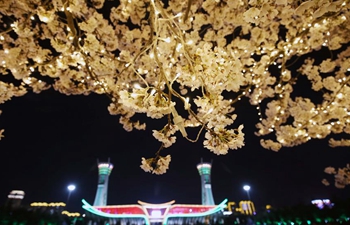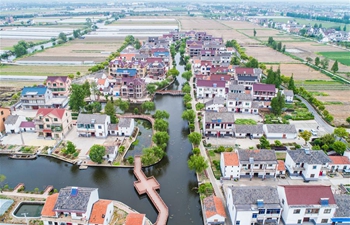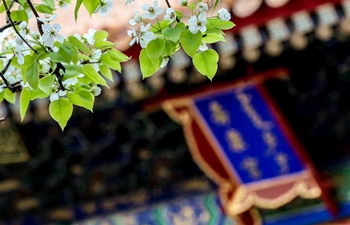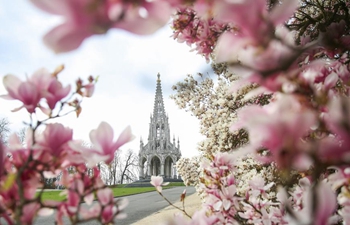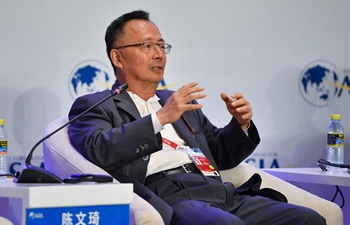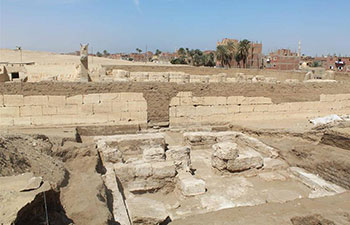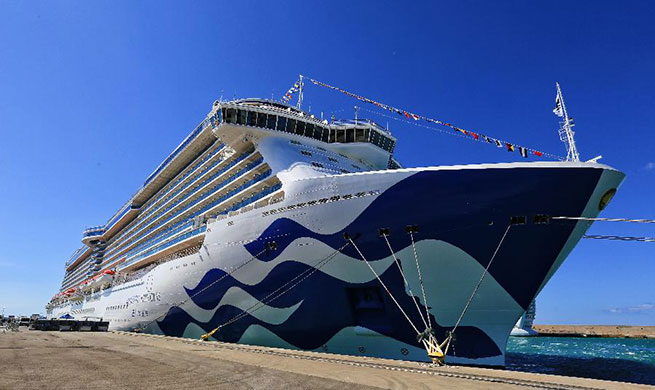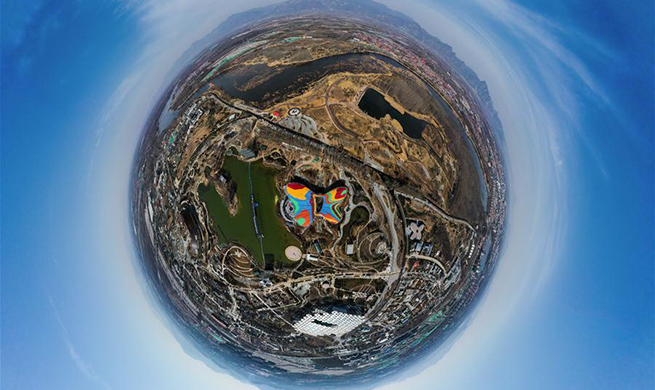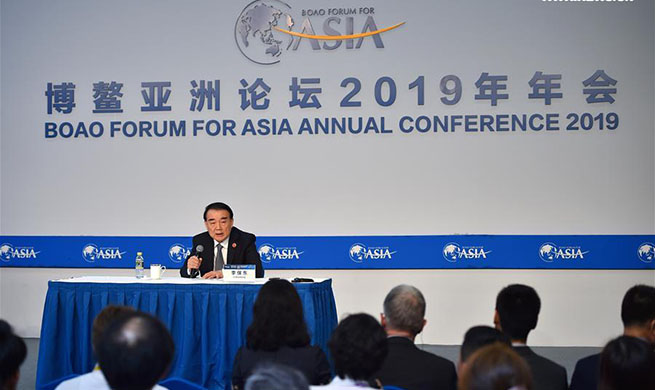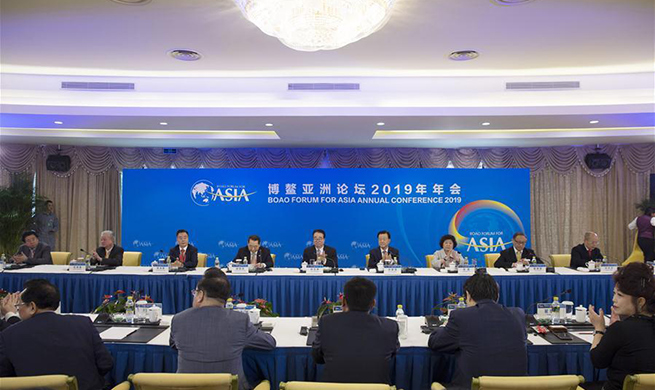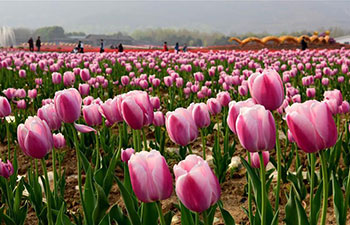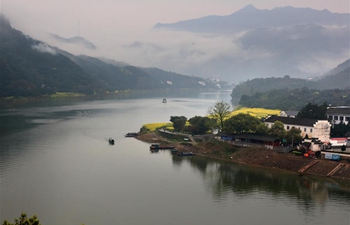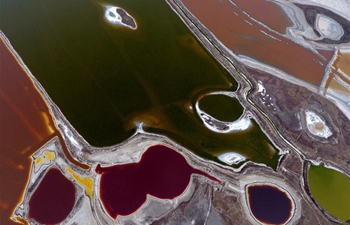WASHINGTON, March 29 (Xinhua) -- A soon-to-be-opened exhibition by China's Palace Museum in the United States exploring the lives of ancient Chinese empresses marks a milestone in the institution's endeavor to go global, an art expert has said.
"Empresses of China's Forbidden City, 1644-1912," to be on view at the Arthur M. Sackler Gallery in Washington D.C. on Saturday, will be conducive to promoting American people's understanding of history and culture of China's Qing Dynasty, Zhu Hongwen, deputy director of the Palace Museum, told Xinhua in a recent interview.
This exhibition, jointly presented by the Palace Museum, the Smithsonian's Freer|Sackler, and the Peabody Essex Museum in Salem, Massachusetts, will run from March 30 to June 23.
It will be the largest exhibition the Palace Museum has ever held overseas. A total of 165 objects made for, by and about the Qing Dynasty's empresses will be on display, bringing these women out of the silence that history imposed upon them.
The exhibition, said Zhu, is designed particularly for the celebration of the 40th anniversary of the diplomatic relations between China and the United States, and will showcase a variety of precious objects from several museums of the two countries.
Many beautiful objects will be exhibited, including imperial robes, jewelry and portraits. Many of them had never left the Palace Museum before.
Visitors will be able to discover the lives of five empresses, according to organizers.
Zhu said curators chose empresses as the theme because those women played an important role at a particular historic stage as the Qing Dynasty had the most complete system of absolute monarchy in Chinese history.
To help American audience better understand the exhibition, scholars of both countries did tons of research and communication in selecting showpieces and the U.S. side acted highly professionally in laying out the event and transporting exhibits, among other things, according to Zhu.
In recent years, the Palace Museum and U.S. institutions have worked together in a series of fields, including cultural relic preservation, research, and exhibition.
Meanwhile, the Palace Museum is seeking new ways of cooperation with multiple U.S. cultural institutions through dialogue and fora, providing new opportunities to tap international resources while strengthening its own professionalism in preserving cultural relics.
The Palace Museum also intends to promote its own culture with the help of digital technology and exhibitions of its sideline products so as to advance foreign understanding of the Palace Museum, Zhu said.
